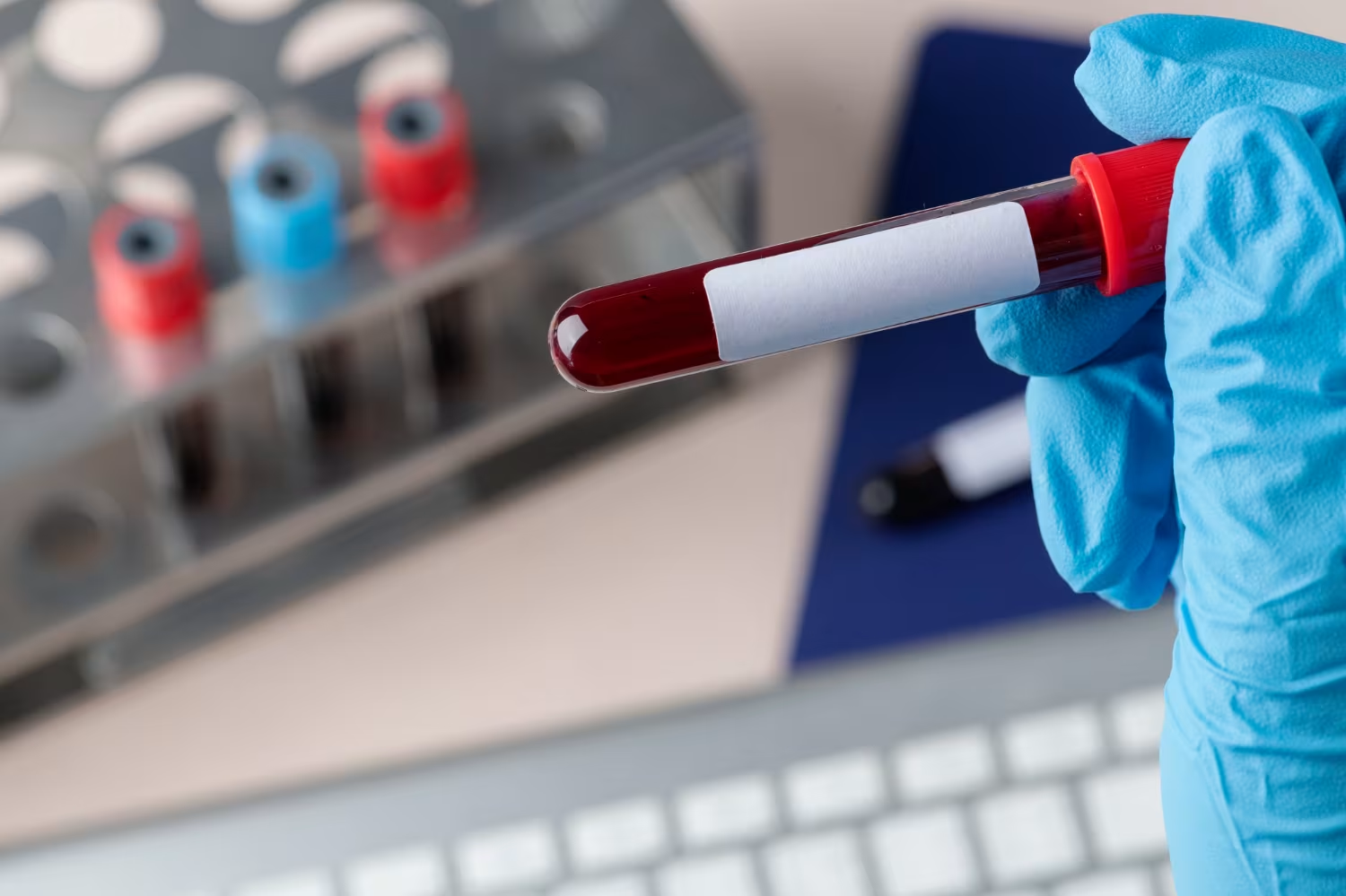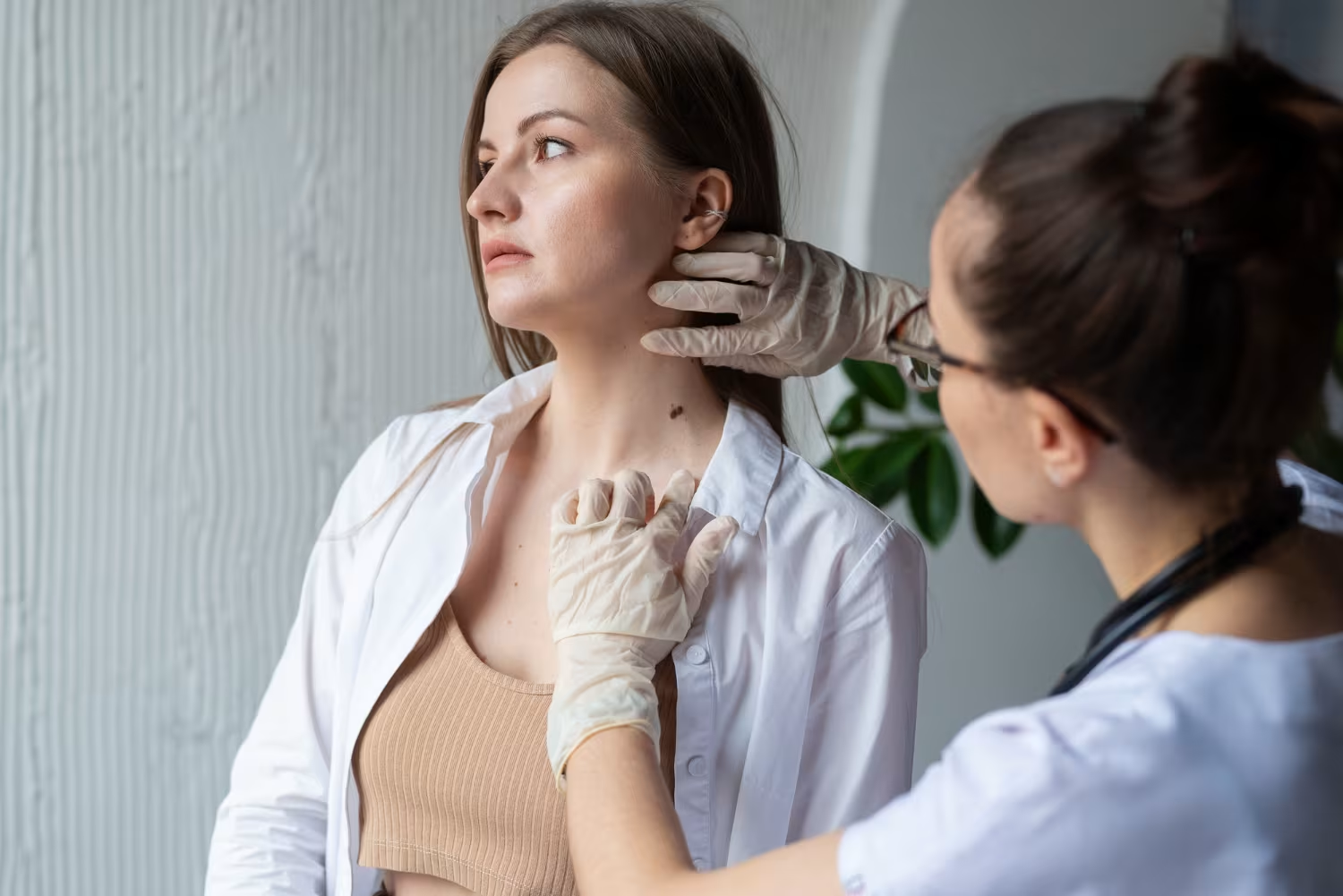
Diabetes is a chronic condition that affects 4.3 million people across the UK, with its prevalence steadily increasing. Despite its widespread impact, many individuals are unfamiliar with the complexities and its management. We'll explore the different types, causes, symptoms, diagnosis, and available treatment options to provide a better understanding of this condition.
Type 1: An autoimmune disease where the body's immune system mistakenly attacks and destroys insulin-producing beta cells in the pancreas. This results in little to no insulin production, requiring lifelong insulin therapy.
Type 2: Characterised by insulin resistance, where the body's cells become resistant to the effects of insulin. Over time, insulin production may decrease, leading to elevated blood sugar levels.
Gestational: Occurs during pregnancy when hormonal changes impair insulin function. While it typically resolves after childbirth, women with gestational diabetes have an increased risk of developing type 2 diabetes later in life.
The exact causes of the condition varies depending on the type:
Type 1: Genetic predisposition and environmental factors, such as viral infections, may trigger the onset of type 1 diabetes.
Type 2: Lifestyle factors, including obesity, sedentary lifestyle, poor diet, and genetics, contribute to the development of type 2 diabetes.
Gestational: Hormonal changes during pregnancy play a significant role in the development of gestational diabetes.
Common symptoms may include:
Diabetes is diagnosed through various tests, including:
At Private Medical Clinic we can diagnose diabetes, pre-diabetes and gestational using blood tests. The blood tests show if your blood glucose (sugar) level is higher than the range that is healthy for you. Blood tests can also help identify the type you have. We emphasise the importance of timely screening to ensure that potential issues are addressed proactively.
Treatment aims to manage blood sugar levels and prevent complications. Treatment options may include:
Diabetes is a complex and multifaceted condition that requires ongoing management and support. By understanding the types, causes, symptoms, diagnosis, and treatment options, individuals can take proactive steps to manage their condition and lead healthier lives. If you or a loved one are experiencing symptoms or have been diagnosed with diabetes, don't hesitate to seek guidance from a healthcare professional. With proper management and support, individuals with diabetes can live fulfilling lives and reduce the risk of complications associated with this condition.
To book your appointment please call the clinic on 0121 456 7930, or click here to book online.





